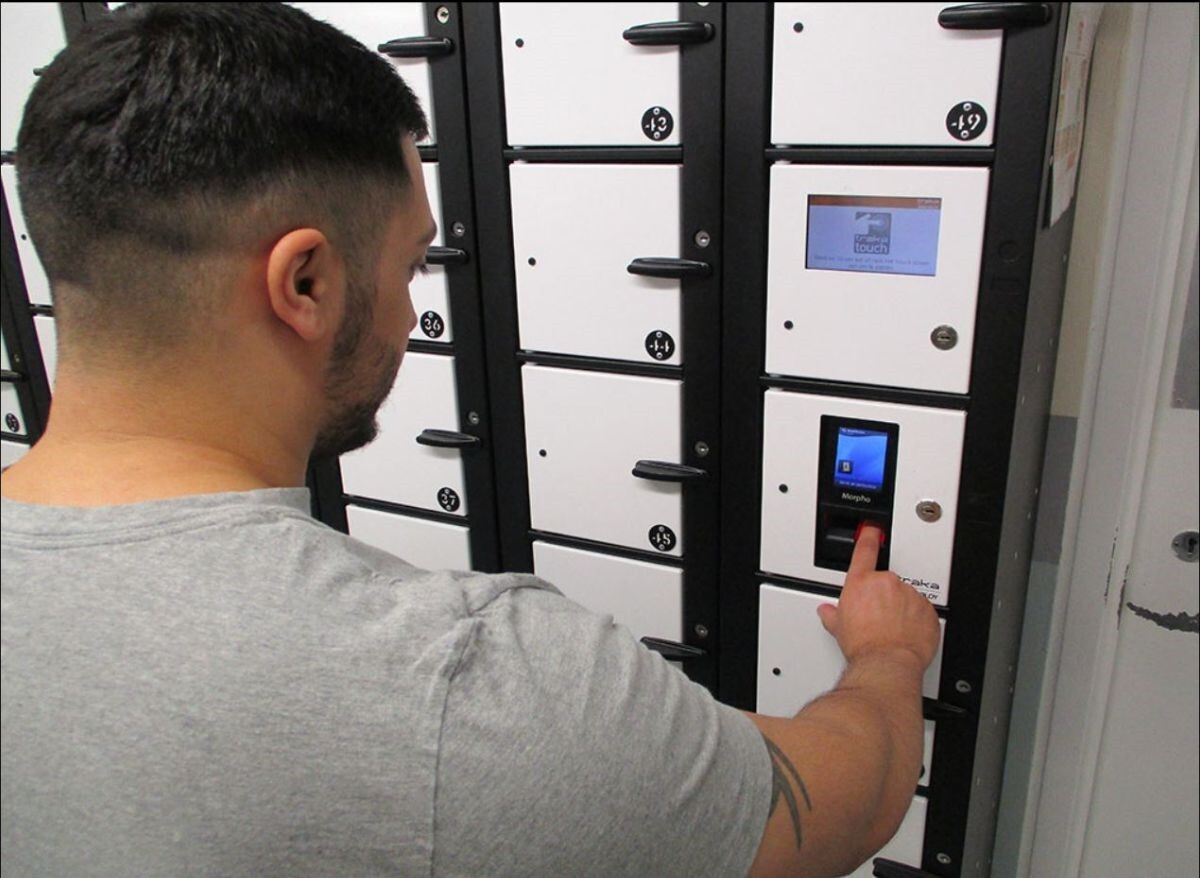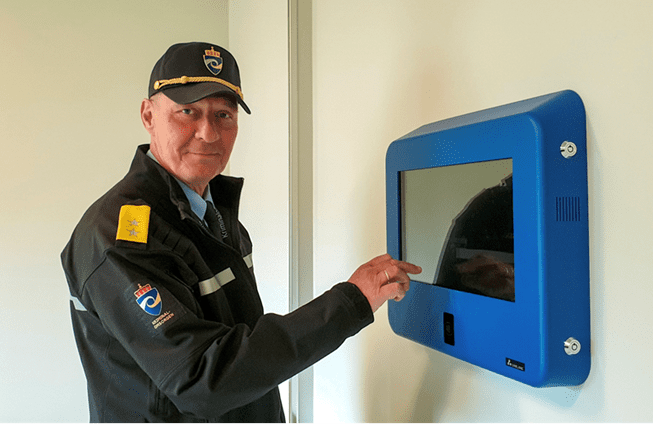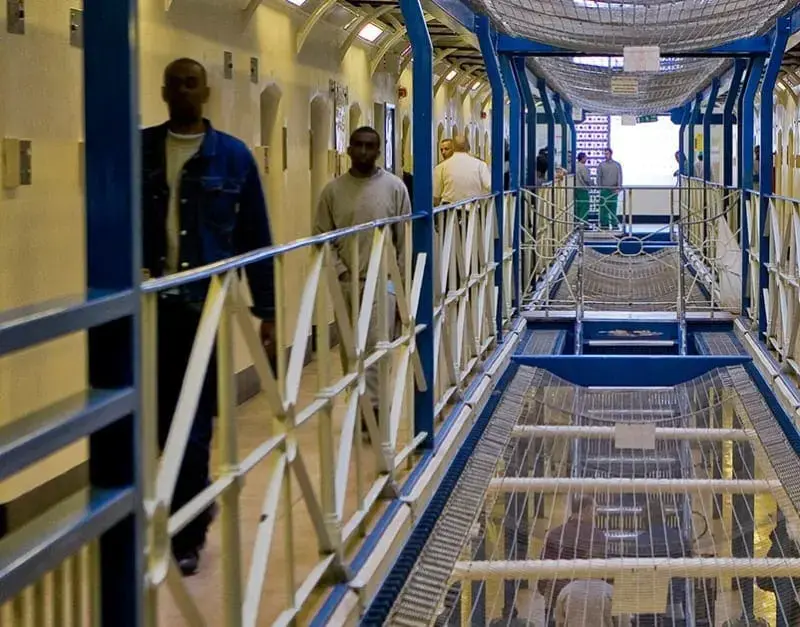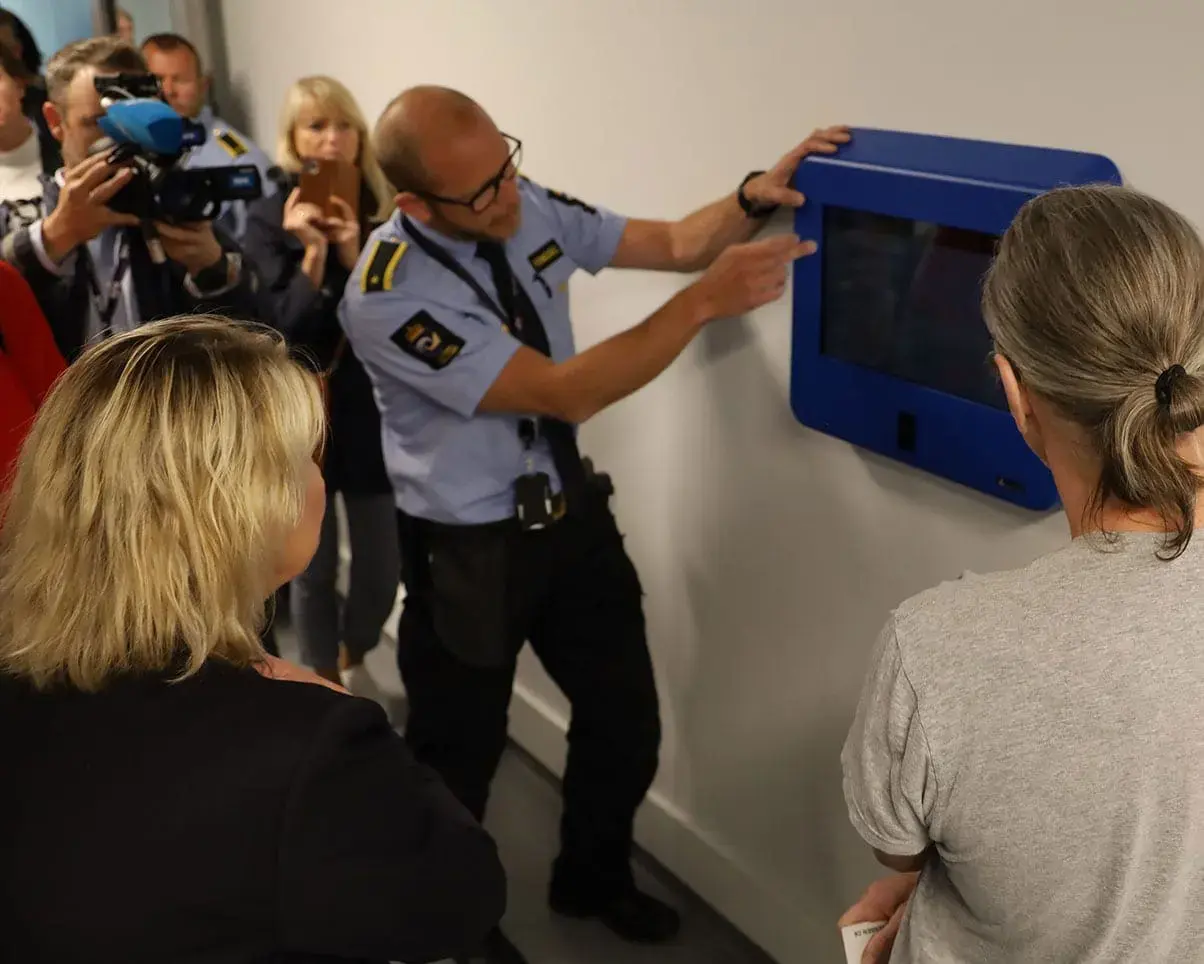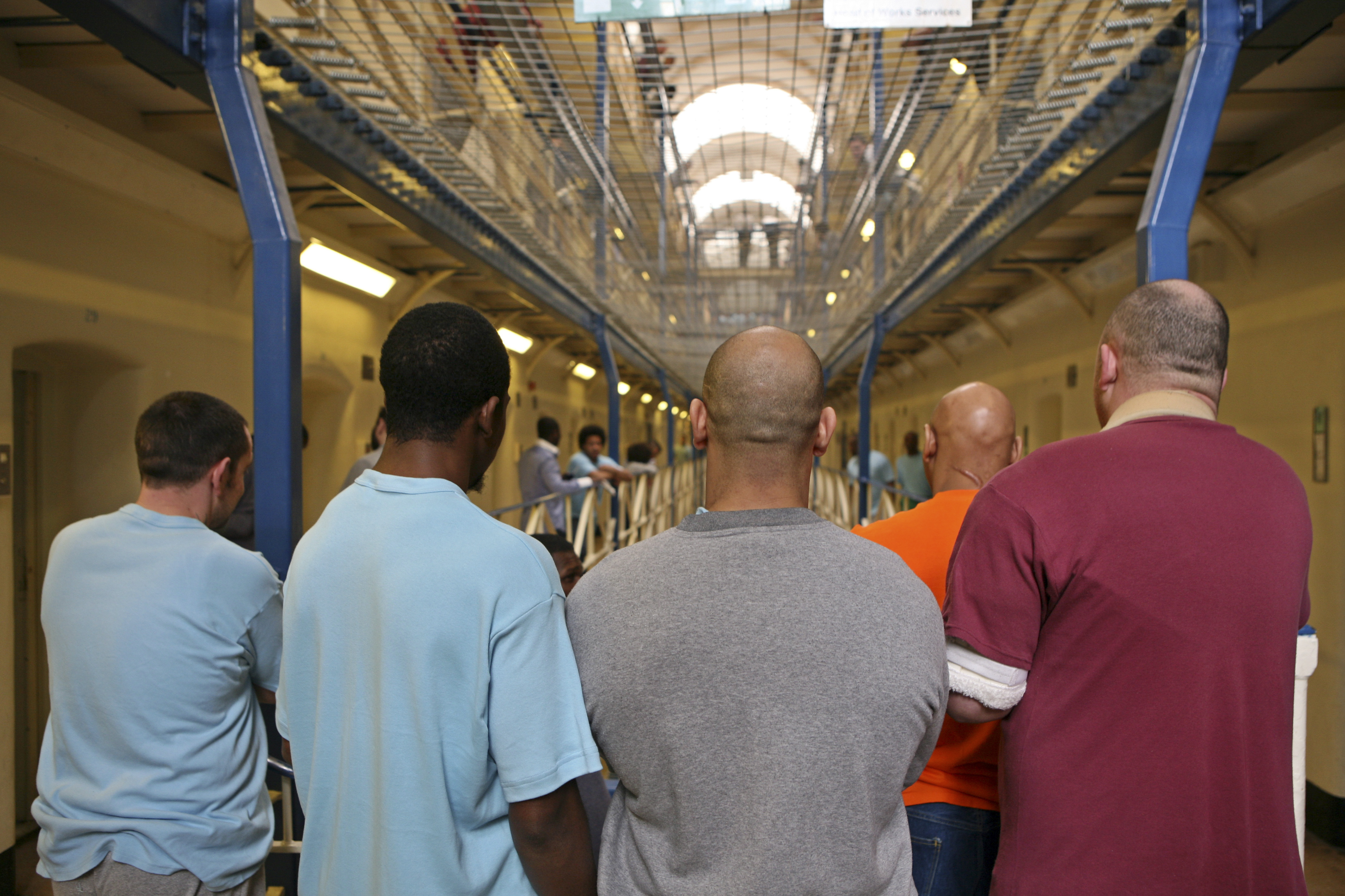Justice Partnership Spotlight: Unilink-Serco
Through the management of six prison contracts along with the Prisoner Escorting and Court Services contract (PECS), Ser …
Norway Kriminalomsorgen Invests in British Prison Tech
Norwegian Correctional Service – Kriminalomsorgen has selected Unilink, an award-winning UK company as a provider of off …
Revolutionising Prison Environments: The Role of Data and Technology
In a world with over 11 million incarcerated individuals, enhancing mental health care within prisons is crucial. The st …
Prisoners in Tasmania Stay Connected
The Tasmanian Government wants everyone to stay connected through these difficult times, announced Elise Archer, Ministe …
Beaumont Colson joins The Unilink Group
The Unilink Group is pleased to announce the acquisition of Beaumont Colson, BCL, best known for providing the UK nation …
The Future of Corrections: How Technology is Transforming Prisons and Probation
Insights from Francis Toye’s Interview with JUSTICE TRENDS In a recent interview with JUSTICE TRENDS Magazine, Francis T …
Unilink’s Self-Service Powers Norway’s Largest Prison
Norwegian Correctional Service – Kriminalomsorgen has selected Unilink, an award-winning UK company as a provider of pri …
Seamless Transition of Prison Software at HMP Lowdham Grange
Unilink is delighted to announce the successful transition of HMP Lowdham Grange from Sodexo to the Ministry of Justice …
Gary Monaghan talks Digital Prison, Self-Service and Improving Prisons
From Wormwood Scrubs to Digital Prisons Interview: Gary Monaghan, director of business change for HM Prison and Probatio …
Revolutionising Prison Environments: AIM Application Targets Suicide and Self-Harm
With an alarming 11 million individuals currently incarcerated worldwide, prioritising mental health risks within prison …
-1.png?width=2000&height=519&name=Unilink%20-%20full%20colour%20with%20strapline%20(1)-1.png)
